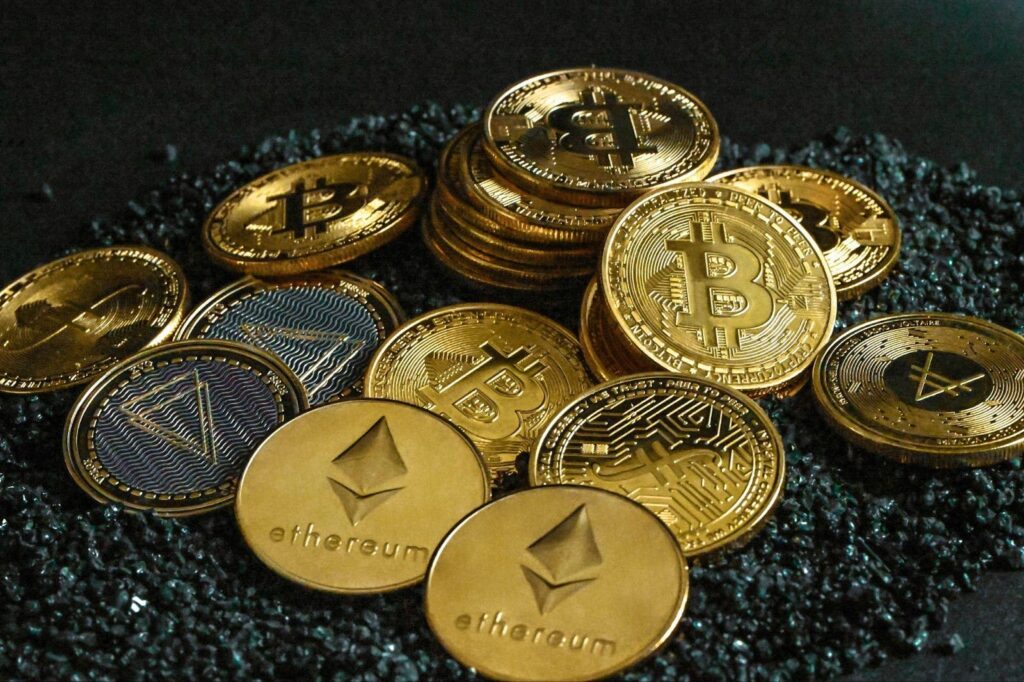
As the international iGaming industry is about to enter the 100 billion annual turnover mark, blockchain is no longer a fringe process anymore; it is gradually becoming the infrastructural component of online gambling services. Through smart-contract-powered payments and verifiable randomness, the industry is assisting in making Web3 adoption in one of the most transactional verticals in the digital economy.
Although token speculation used to be a crypto headline, it has been replaced with quantifiable utility. And nothing is more accentuated than with iGaming, when fairness, transparency, and real-time settlement are not a bonus, but a must.
From DeFi to iGaming
During the 2020–2022 DeFi boom, blockchain innovation focused on lending, staking, and automated trading. But as the novelty wore off and production slowed, the developers and users were demanding more interactive and long-term experiences. It is a momentum that has come to gaming.
The modern Web3 casinos and sportsbooks have evolved into world-building dApps. Various features characterize their competitive advantage, such as:
- On-chain deposit and withdrawal tracking
- Cryptographically proven, provably fair gameplay
- NFT loyalty programs/in-game assets
- Multichain Wallet support enables wider flexibility for users
DappRadar says that Web3 games now have the highest daily active wallet usage of decentralized applications based on a Q2 2025 gaming report. This proves that a substantial migration of users to the blockchain-based entertainment industry, such as gambling and prediction markets, is occurring.
Probably Fair
Probably the most important change Web3 is bringing to the gambling industry is provably fair gaming by ensuring a random and untamperable outcome to the game, such as a spin or a draw of a card. The blockchain protocols allow players to audit every result via some cryptographic hash (usually based on SHA256), and no single party (including the house and players) can cheat.
As soon as one makes a bet, the winning values are paid, and the rewards are provided through smart contracts, because you do not have a human operator, and the probability of certain dispute is cut to a minimum. This aspect has been particularly appealing in jurisdictions with limited supervision or where conventional licensing has been cost-prohibitive.
Although not all platforms have their backend open-sourced, some of the blockchain casinos now provide a visible hash verification tool and publish gameplay logic. This trustless system appeals to crypto-native individuals and non-convinced gamblers of centralized operators.
Cross-Chain Compatibility and Gaming Performance
Ethereum gas spikes of 2023 made one thing obvious: in order to scale, fees should decrease, and speeds should increase. The emergence of Layer-2s such as Arbitrum, Optimism, or zkSync, as well as the availability of high-performance Layer-1s (such as Avalanche or Solana), has eased the congestion and has brought new, less hiccup-filled experiences to the games built on blockchains.
Above all, interoperability and bridging between wallets have been increased, and gamers can simply move between ecosystems. This has opened the door to specialised gaming networks that are quick and cheap to use. It is especially important to mention the rise in popularity of betting sites that use Litecoin, where a low block time of LTC alongside the absence of fees creates a zero-friction experience for the player, whose bets exceed average or are frequent.
Meanwhile, more and more platforms support the use of stablecoins such as USDC and USDT, and more platforms have joined to allow bets to be denominated in stablecoins to curb the volatility issue in crypto.
Beyond Payments: Token Utility in Action
The current users do not need only the deposit capability. Modern iGaming sites go beyond payments with tokens and introduce other utilities that can include:
- Staking — Users can stake native tokens to earn a share of platform revenue
- Governance — Token holders influence features, payout models, or new game listings
- Access — Exclusive tournaments or games may require holding a minimum balance.
- NFT perks — Loyalty NFTs offer boosts like multipliers, free spins, or unique avatars
The features are conquering a hybrid audience, gamblers to be sure, but also investors and gamers who want to control the inherent value and control of platforms on which they are investing.
Regulation
As the blockchain part of iGaming is picking up steam, governments are beginning to take notice. Policymakers across the European continent are deliberating provably fair quality and crypto KYC systems, but there are still no common requirements established as of mid-2025.
Blockchain gaming is a relatively new area, and in the United States, it is mostly in an experimental phase. Asia remains at the forefront in this sector, and countries like Japan, South Korea, and the Philippines are all considering how they might go about licensing cryptocurrencies yet remain compliant in terms of taxes and customer protection. According to pundits, a clear but tech-friendly regulation would serve the best interests of all, drumming up credibility, attracting new investors, and driving more customers to use it.
iGaming: Web3’s Strongest Use Case Yet?
While NFTs and DeFi drive Web3 interest, blockchain-powered iGaming stands out as the most sustainable. Unlike speculative trading, it offers:
- Daily transactional volume
- Repeat user engagement
- Real economic flow through tokenized assets
Blockchain pioneers see its true potential: Other than monetization, it will restructure fairness, ownership, and access in iGaming, in contrast to older options.



